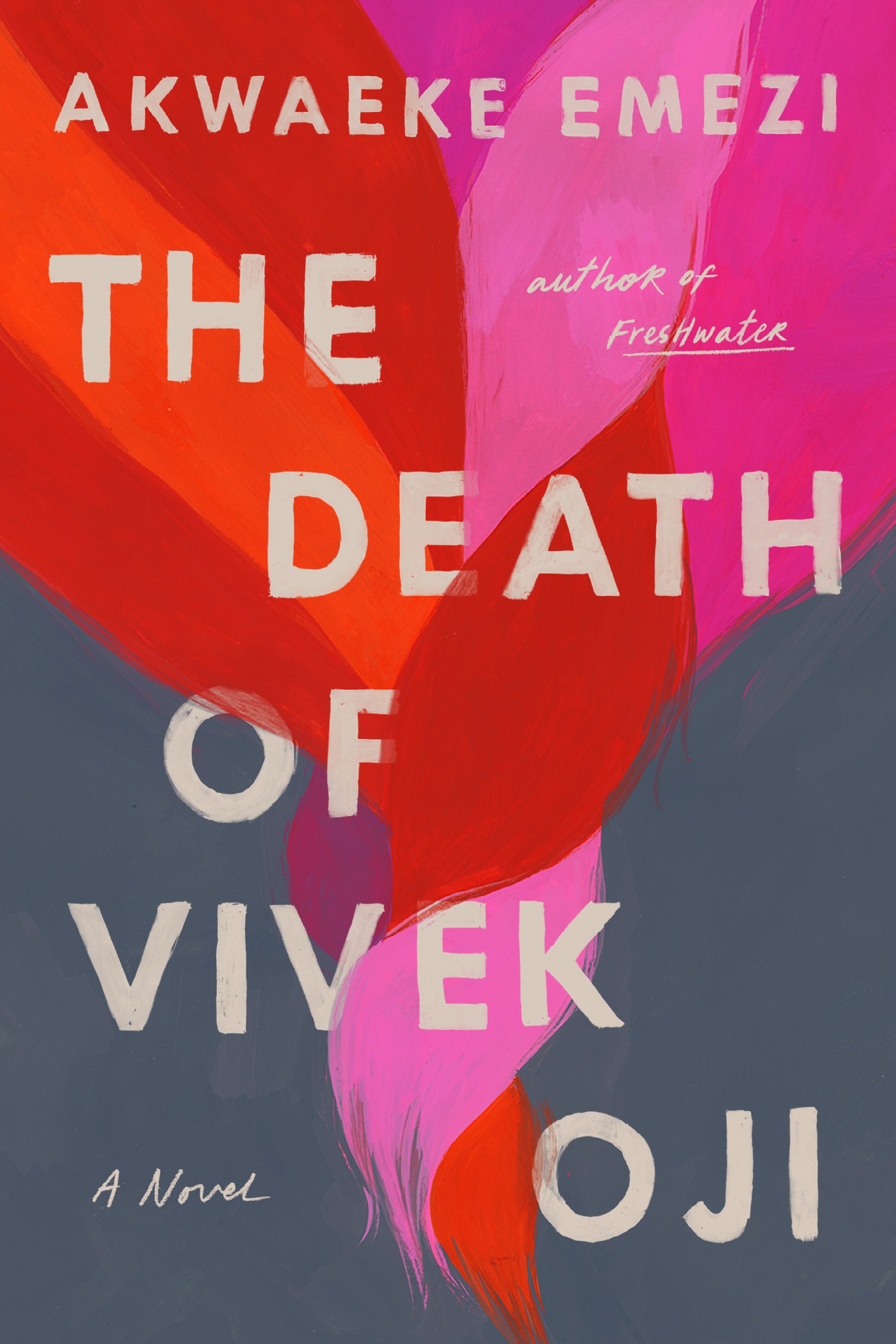The Death of Vivek Oji by Akwaeke Emezi
Review of The Death of Vivek Oji by Akwaeke Emezi
The Death of Vivek Oji by Akwaeke Emezi (2020). Published by Riverhead Books.
This is a book I had heard a lot about over the years, but never had the energy to pick it up. Somehow, despite reading over two hundred books a year, I had never managed to get ahold of this book. I find I have to read some books at the right time, or I just won’t be interested enough to pick it up at my local library.
So how did I end up reading this book after so long? Well, I had gone to Malaysia to visit my cousin in January 2024, and initially I thought the books were expensive. That was because my only indicator was Kinokuniya, which is a Japanese bookstore located inside one of the fancy malls in Kuala Lumpur.
When I went to a small local mall in Petaling Jaya, I saw a small bookstore that sold books. All of them were sealed in plastic, which blew my American mind, and then I asked her if I could go in while she distracted her young son. While in there, I found four new books I decided to pick up and read, and one of them was a large print edition of The Death of Vivek Oji.
Each were only about 20 ringgits, which was about 3 USD at the time of me buying them. As someone used to paying 20 USD for a book, that was such a steal! It took me a bit to open this book even after buying it, but I got through its content pretty quickly.
Here’s my review!
The story of two cousins, in 1998, who grow close during political turmoil.
This is a novel set in 1998, which, if you have some free time, you should look up some Nigerian history to understand the context of what the characters are navigating in this novel.
Shamefully, my knowledge of Nigerian history was weak going into this, but if I had known some more crucial details before, I think I would have been more understanding of the context and how it impacts certain scenes and their lives.
Anyways, this is a story about Vivek Oji, who, as we learn from the title, is doomed to die. We won’t know what exactly happens to him in full detail until the end of the story, but we learn immediately that Vivek is not like the other kids. Not only was he raised by a father that wasn’t really there and a too overprotective mother, but Vivek has some persistent blackouts.
As he grows up, he finds more comfort in the women in his community, rather than the other men. He specifically gravitates towards what are called the Nigerwives and their daughters, as these are women who come from foreign countries and married Nigerian men. I noticed quite a few Indian references in these portions of the novel.
It’s through these interactions that we begin to see how insular Nigerian communities are, and how they enforce gender binaries. From girls having to have their hair cut a certain way if they’re not Nigerian to Vivek’s own tendencies, the way the culture is seeped into biases is pretty apparent.
Vivek also grows closer with his cousin Osita throughout the course of the novel. Osita is someone who seemingly has it all, as he is outgoing—the exact opposite of Vivek, who is even dragged to church at one point to get the demons out of him by his own aunt.
There’s some implied incest like moments throughout this novel, so if you’re not comfortable with that, this might not be the one for you. I’d recommend pushing through, as this is an important novel with its subjects, if you can handle without risking your own mental health.
Vivek slowly worsens over the course of the novel, and this is where we begin to see more fractures and the deepening of their relationship. The untimely death of Vivek is a snapping point, not only physically, but mentally as well.
Overall Thoughts
I’m glad I read this novel, although I did find it difficult to get through towards the end, especially as we approach the circumstances of Vivek’s death. I’ve been telling myself I’ve been wanting to read more African authors, and this is the beginning.
My third semester of graduate school I took a travel literature class on the Atlantic Slave Trade and the narratives surrounding it, and I think that reading novels like these remind me of why I took such classes. When you’re not seeped in these cultures, or surrounded by them, you lose touch of these narratives.
Go read this if you have not already! I’ll be keeping an eye out for the author’s future work.
Follow me below on Instagram and Goodreads for more.


![Jeju-do (제주도) is one of those places that reminds you of how stunning the world is
[7.12.2024 부터 7.14.2024 까지]](https://images.squarespace-cdn.com/content/v1/5ea1f794501b7153b29e7cd7/1721033601522-554E76HR01JUHDWZBJ1I/image-asset.jpeg)









